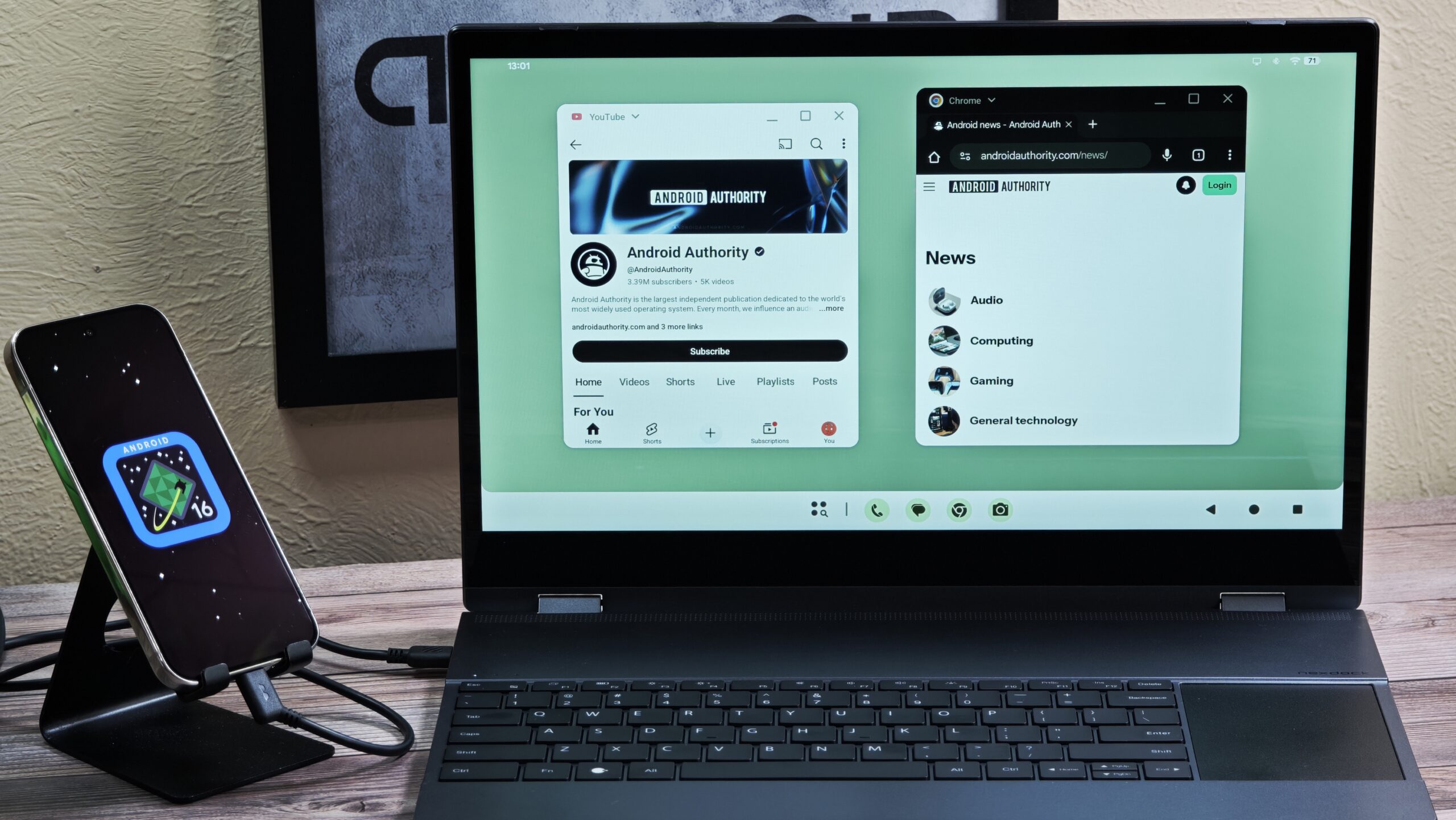Mobile payment apps like Cash App, Venmo, and Apple Cash have gained popularity among millions of Americans as an easy way to pay friends, family, and retailers, but they often lack federal insurance protection for the money held in them.
Unlike federally insured savings and checking accounts that provide protection to the funds stored in them, peer-to-peer payment apps may not guarantee safety if the company that hosts the app stops functioning, the Consumer Financial Protection Bureau warned recently.
During the pandemic, mobile payment app use increased as people shifted to contactless payments and online shopping, and transaction volume on these apps was estimated to reach $893 billion in 2021, according to the bureau. However, these apps could potentially put cash at risk, especially if users leave funds in the app for a future payment.
Although these apps partner with FDIC-insured banks to provide accounts with FDIC insurance protection, users may need to sign up for specific services or take additional steps for coverage. Furthermore, state regulations vary, allowing firms to invest client funds in potentially risky investments or imposing no restrictions.
While many payment apps are required to hold reserves equal to the amount of customer funds they are holding, these stored value accounts may not carry FDIC protection, putting cash at risk of being uninsured. A survey by Consumer Reports found that 6% of app users fund payments from a balance they maintain within the app, and given the “lack of clarity” around how to obtain FDIC insurance, many of these funds may be uninsured.
Users of payment apps should move money from their payment app to their bank account as soon as possible to protect their funds. According to Consumer Reports, it’s a good idea to set up automatic reminders, and the Consumer Financial Protection Bureau suggests sending email reminders to oneself and others. Additionally, users can submit complaints about payment apps to the Conference of State Bank Supervisors or the Consumer Financial Protection Bureau.
The Financial Technology Association, a lobbying organization for payment app firms, defends the companies’ policies and emphasizes consumer protection. However, users may find user agreements murky or challenging to understand, according to the Consumer Financial Protection Bureau’s senior program manager for payments and deposits markets.
For instance, Apple Cash users must register their account with Green Dot, its partner bank, to obtain insurance coverage, while Venmo balances can be covered when customers use the app’s direct deposit or check-cashing services. Although most payment apps try to provide safe and transparent accounts and may offer FDIC coverage on the products they offer, users should still exercise caution.











